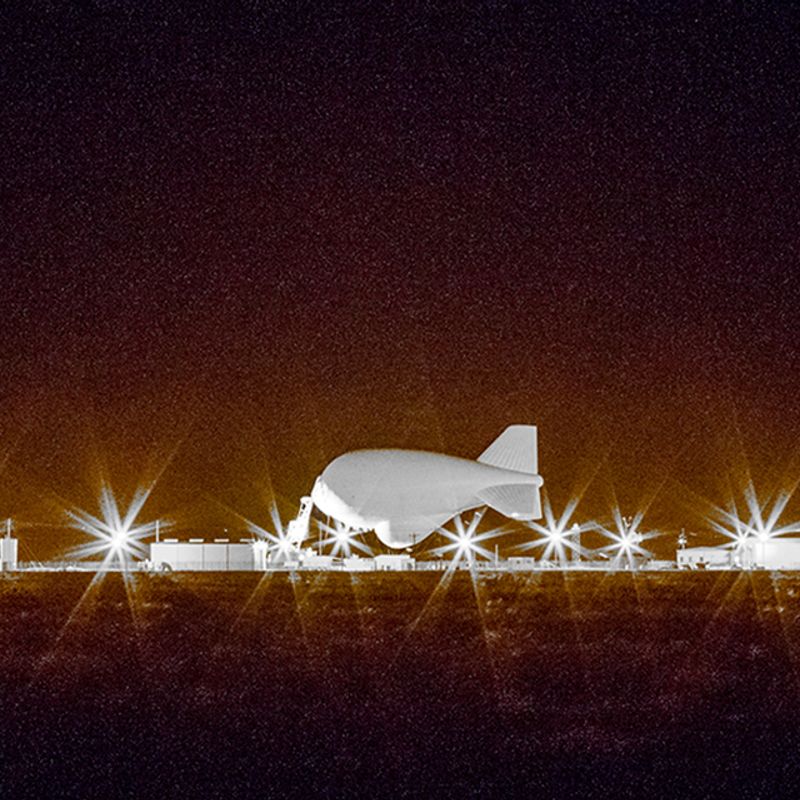For the Man Who Caught My Father
by Kyle G. Darganwhen he lilted—lost in fainting—and careened off the bar stool.
Dear Catcher, Dear Hands, I pray you
know this is no samestory about a dad
and liquor. You know something about my father even I do not:
his weight in plummet, and the force
necessary to keep his shoulders from plowing
into the floor or his temple from tasting the chrome
legs of the stool beside him. As it stands,
this is a narrative of a man with bones
well-trod by tobacco and hard spirits. I have been
a character in this tale you have
now saved. Yes, I am the one
who crawled free from ash swells, who was
not whiskey-drowned, who would leave home
to alight from trains in towns where none knew
his damp, cigarette-singed skin. Kissing the phone
screen against my cheek, I try to deduce the cause
of father’s fall. A doctor, one month prior,
(what I know which you do not) snaked a balloon through
my father’s arteries so hard they collapsed—
a stent left as scaffolding in the unstable
blood shaft. I fathom he maybe lowered himself
awkwardly upon the seat, with his thigh
spilling over the edge, the mesh holding
his peripheral artery open to blood instead
pinched narrow—what the doctor feared when
he ordered my father no more racquetball.
Couldn’t that drive a man to seek a pity drink, to grab
a seat at the bar—ergonomics
be damned and his blood pressure sinking?
You held my father until the ambulance carried him
to the hospital that let him go,
tests cleared. And I can only ponder
any of that. I can only write this now at a distance,
at ease, because you, Dear Arms, snapped
open—that human preservation reflex—
and embraced his payload which, had it crashed,
would have made
a crypt of me.

